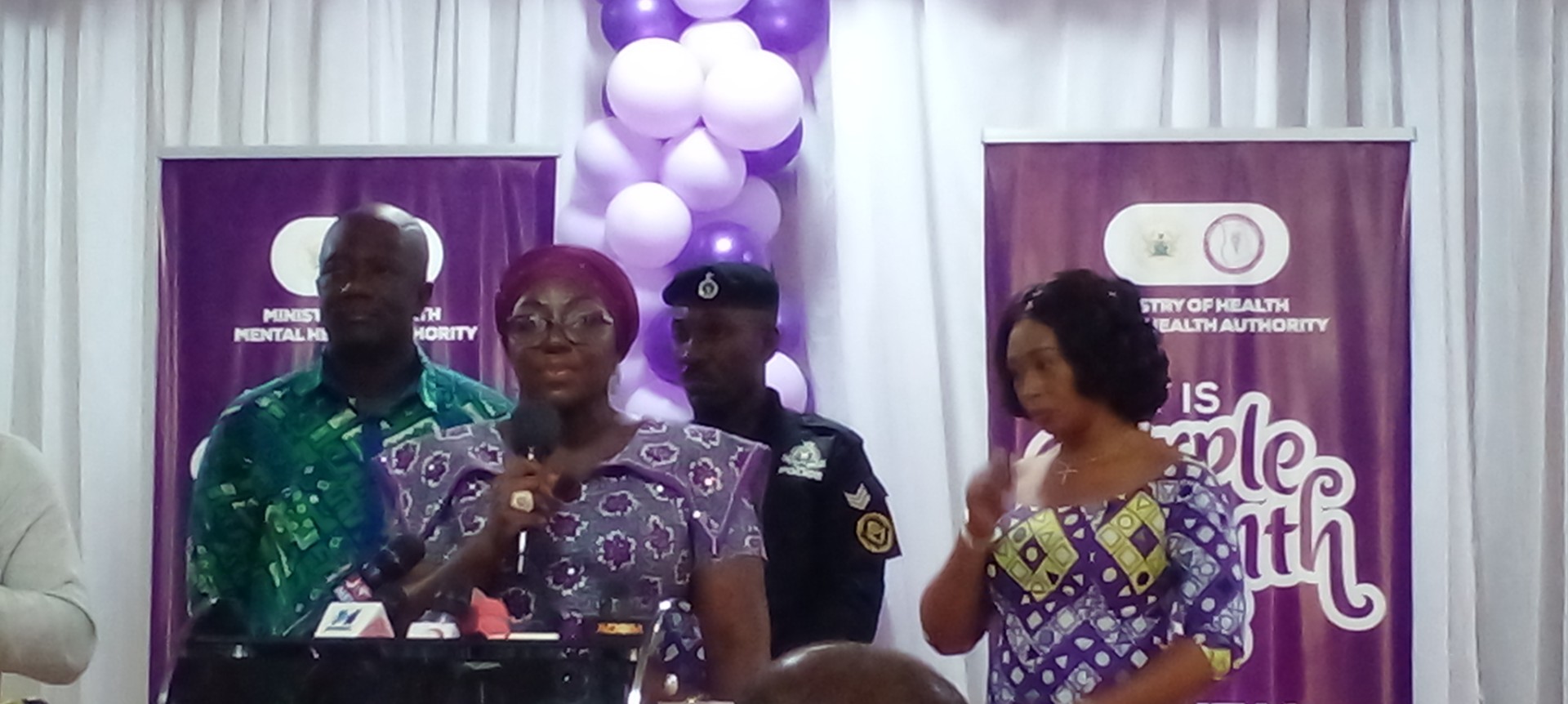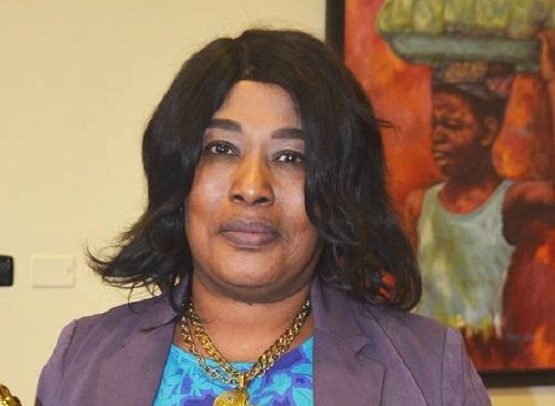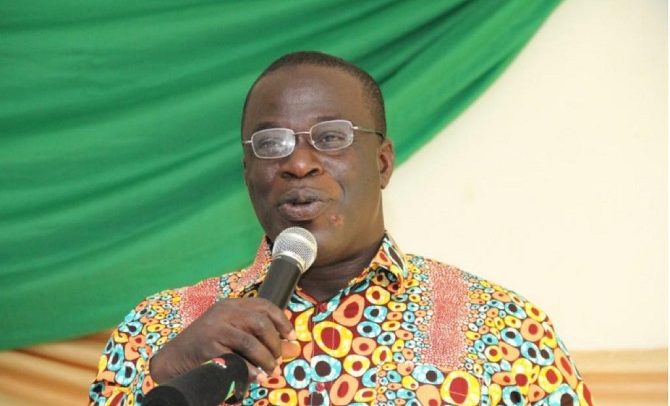
A day’s consultative workshop on Sexual and Reproductive Health Rights has been organised for stakeholders in Cape Coast, with the aim to foster meaningful partnership among essential stakeholders.
This would help to enhance Ghana’s substantial gains in population management and delivery of sexual and reproductive health services in the country’s commitment to achieving the Sustainable Development Goal Three (SDG 3) and other relevant ones by 2030.
The workshop, which was put together by Parliamentary Network Africa, was under the theme: Empowering Champions for Reproductive Health Policy Influencing Through Education and Supportive Environments (ECHOES).
Making a presentation on the overview of Sexual and Reproductive Health Rights in Ghana, a population policy analyst & political demographer, Dr Godfred Bonnah Nkansa, disclosed that Ghana’s growth rate stood at 2.1 percent.
This figure, he said, was lower than the continental figure of 2.4%, however, higher than the global rate which stood at 1.1%, a situation he blamed on poverty and lack of appropriate reproductive health education.
Speaking to data from the Ghana Statistical Service, Dr Nkansah mentioned that the relatively poorer populations in the country were giving birth more than the rich and the wealthy.
Responsible drivers
According to Dr Nkansah, four main factors have been identified as being responsible for the country’s high growth rate, which far outweighs Ghana’s slow pace development.
He mentioned child marriage, teenage pregnancy, childbearing and high unmet needs of reproductive services such as family planning, as the identified drivers responsible for the high growth rate.
As a result of the aforementioned drivers, Dr Nkansah noted that about 1.2 million children were born in Ghana every year, a phenomenon that called for multidimensional and multifaceted approach to deal with.
MSI Director’s remarks
In her opening remarks, the Director of Programmes & Operations at Marie Stopes International, Ms Clara Nyakoah Anim, indicated that the ECHOES project sought to drive sustainable progress by strengthening the capacity of key actors.
The actors, she mentioned, included Parliamentarians, Ministries, Departments and Agencies (MDAs), Civil Society Organisations (CSOs) and the Media who played indispensable roles in information dissemination.
She explained that reproductive health was not a standalone issue, due to the fact that it was intersected with education, economic empowerment, gender equality, and social protection.
She added that “When girls remain in school, when women have access to family planning and when young people are equipped with comprehensive sexuality education, the benefits ripple outward—transforming lives, families, communities, and ultimately, our nation”.
MSI’s partnership with PNAfrica, she said, aimed “to empower champions who can shape, protect, and sustain inclusive policies and laws that ensure access to comprehensive reproductive health services grounded in evidence, equity, and human rights”.
According to Ms Clara Anim, parliamentarians, policymakers, local government officials, and civil society leaders had crucial leadership roles to play in turning the tide.
She said, “You play a vital role in shaping and safeguarding policies that ensure access to youth-friendly services, modern contraception, and environments where every individual is supported to make informed reproductive choices”.
The ECHOES project, she indicated, was a call to action which sought to equip “champions” through capacity building, advocacy, and collaboration to influence institutional policies.
The policies, she noted, must be inclusive, rights-based, and non-discriminatory saying, “Our goal is to ensure that SRHR is not only seen as a health issue but also as a foundational pillar of gender equality, poverty alleviation, education, and national development”.
Funded by MSI Reproductive Choices, the workshop was attended by participants from the media, CSOs, academia, teachers & tutors, opinion and community leaders, as well as chiefs.
The post Stakeholders tasked to champion reproductive health appeared first on The Ghanaian Chronicle.
Read Full Story















Facebook
Twitter
Pinterest
Instagram
Google+
YouTube
LinkedIn
RSS